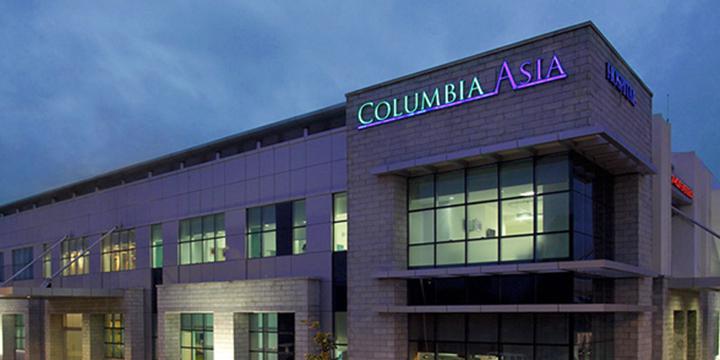
We have entered the month of March but the sense of strong sun and hot summer can already be felt. This only indicates that the coming months will only get warmer and let’s be prepared to beat the heat. One of the most common and feared instances during summer is the sunstroke, also known as heatstroke. A sunstroke is an intense form of heat illness that happens due to an excessive rise in body temperature. Experienced with confusion, headache, dizziness and/or redness of the skin, sunstroke can cause serious damage to the brain as well as other internal organs. Nausea, seizures, confusion, disorientation, and sometimes loss of consciousness or coma, are some other symptoms for the same.
It is among the most serious form of heat injury and is regarded as a medical emergency and needs immediate treatment. And if left untreated, sunstroke can damage the brain, heart, kidneys, and muscles very quickly. The more the delay in treatment, the worse is the damage and the risk of chances of serious complications or death increases.
Since summer is right around the corner here are some summer tips to stay away from sunstroke:
· As much as possible, stay in an air-conditioned building in case of extremely high temperatures.
· Consume loads of water and fluids, do not wait till you feel thirsty.
· Wear lightweight, light-colored, loose-fitting clothes that do not trap heat and keep you cool.
· Take cool showers or baths to cool down multiple times during the day.
· Avoid using the stove on an extremely hot day.
· Acclimate yourself to exercise in hot weather but ensure proper hydration. Exercise moderately to avoid excessive exertion during the hottest parts of the day.
· Use sunscreen with a sun protection factor (SPF) of 30 or more, to protect your skin from sun burns
· Consume extra fluids in summers to prevent dehydration, like fruit juice, and sports beverages. However, it is advised to avoid caffeine or alcohol fluids as both these substances tend to cause more fluids loss and worsen heat-related illnesses.
· Try to keep your outdoor activities for cooler times during the day like early mornings or after sunset. Limit your exposure to sun and to its heat, especially during heat waves and hottest hours of the day.
· Let your living area be cool as well. Leave the windows open at night for fresh air and close the curtains during the day to keep out the heat. Use a fan to maintain air circulation and, if possible, turn on the air conditioner.
· Stay in well ventilated areas.
In case of sunstroke, seek medical help immediately and try to cool down the person
§ Remove extra layers of clothes
§ Put in a cool water tub or a cool shower
§ Spray skin with water
§ Apply ice packs or wet towels to underarms, groin, and back of neck, cheeks, palms and soles of feet
§ Also increase the water intake.
Risk factors:
Elderly people and children are more at the risk of heatstroke as their bodies do not manage the temperature variations so effectively. Also, those with health issues like obesity, hypertension, alcoholism, mental illness, and chronic obstructive pulmonary disease are people more prone to heatstroke and hence they require particular attention.
Home remedies:
Since prevention is better than cure, here are also some natural home remedies that one can practice to prevent themselves from heat strokes:
- Made with raw mangoes and spices, aampanna is a refreshing summer cooler that cools your body.
- Plums are rich in antioxidants and are extremely hydrating.
- Buttermilk is a great source of probiotics and replenishes the body with essential vitamins and minerals that may be lost due to excessive sweating.
- Coconut water is known to naturally balance the electrolytes in the body.
Before summer sets in full swing, take note of these home remedies ensure that the harsh sun does not strike you with the excessive heat. Keep yourself prepared, carry the things necessary and do not let the heat take you over.
Contributed by Dr. Mohan Kumar Columbia Asia Hospital Sarjapur Road.
";

